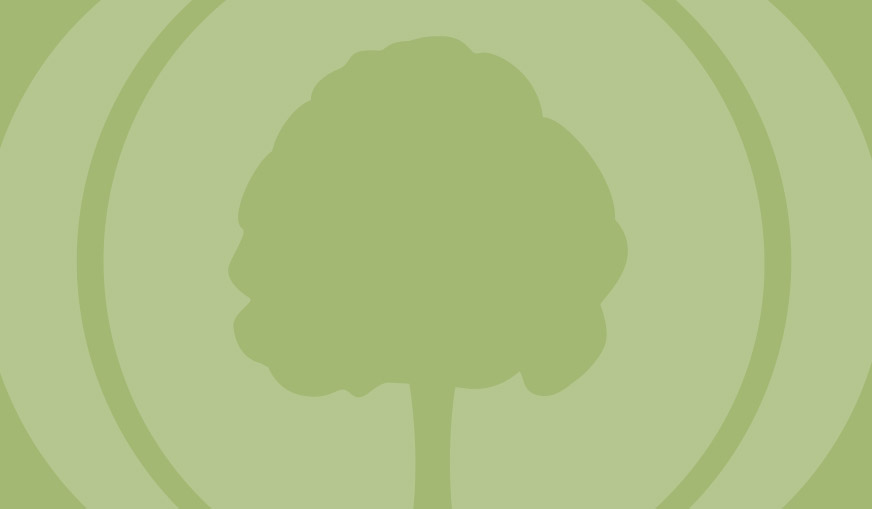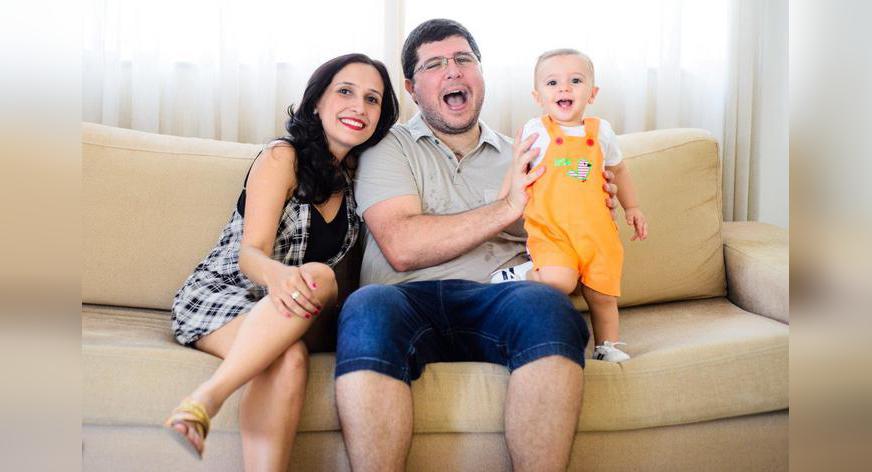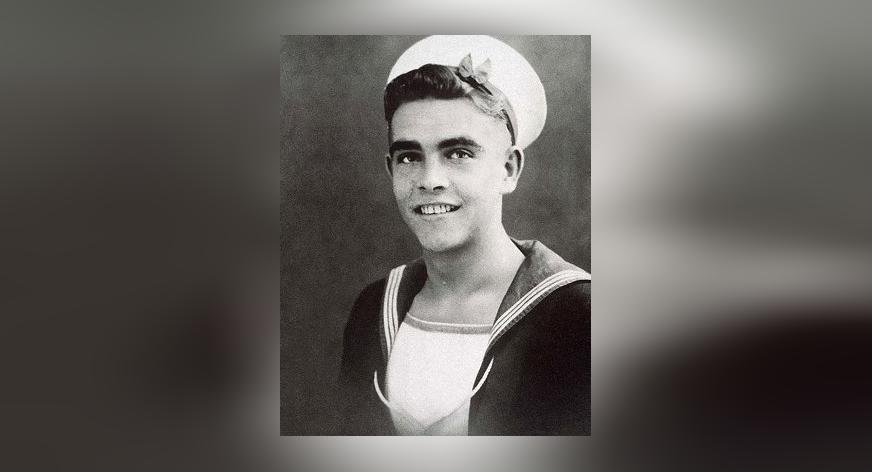The Interview Series: Polish Genealogist Rafał T. Prinke
- By Aaron


(This is a translation. The original Polish version can be found here.)
Rafal T. Prinke was born on the 18 January, 1955, in Poznań, Poland. His parents are Erasmus and Krystyna Prinke (born Piątkowska). His wife Katarzyna Prinke (born Wejchan) is a chemist; they have two children, Michał and Stanisław. Rafal T. Prinke has studied English philology at the Adam Mickiewicz University in Poznań, where he graduated in 1977. In 2000 he received his doctorate in history at the History Institute of Adam Mickiewicz University in Poznań.
Organizations which he is or was formerly a member of:
– Association of astrologers in Poznań (Vice – president and founder 1978-1980)
– Ancient Mystical Order of the Knights of Shamballa (since 1984)
– Genealogical-Heraldic Society (president and founder, since 1987)
– Polish Genealogical Society of America (since 1987)
– Polish Heraldic Society (since 1988)
– International Association for History and Computing (since 1993 and since 1994 member of the board of the Polish Section)
– Polish Historical Society (since 1994 Member of the Board Committee on Computer Methods in Main Board)
Some of his publications:
– Starry primer. Introduction to humanistic astrology, Poznań 1981 (co-author: Leszek Weres)
– Monograph of the family Zawacki, Poznań 1986 (on rights
manuscript)
– Guide for amateur genealogist, Warsaw 1993
Computer programs which he created:
– GDB – genealogy program for the ZX Spectrum (1986 – available free of charge as a “public domain”)
– GensNostra – program for creating and processing genealogy databases (1988 – used in the Library Kórnicka Sciences, Archdiocesan Archive in Poznań and Archives of the Diocese of Płock)
– Index – a program for indexing vital records (1990 – used in the Archives of the Archdiocese of Poznań)
– GenBib – bibliography of Polish genealogy and heraldry (1989 – available for free on the principles of “shareware”).
______________________________________
MH: When did you start your adventure with genealogy?
RTP: I was lucky that my great-grandfather left records that were placed in my house. I started to be interested in genealogy in elementary school and then in high school I began to organize genealogy notes, completed and verified family information. Without them it would be difficult to determine many details, because my family was very mobile. Of course, I began to investigate my father’s side of the family, and later a lot of my wife’s family as well.
MH: You published a lot of books and other publications, including “Guide for amateur genealogist”. Could you tell us something about this?
RTP: The guide is the result of my desire to infect others with this passion. Besides, I am a teacher, so teaching is in my nature. Other family publications, for example, written together with prof. Andrzej Sikorski “Royal Blood” are also “teaching resources” for other genealogists. Of course, we should also publish the results of our research to ensure their survival. With this, however, it is always a problem, because the genealogical research by it’s nature is never completed.
MH: Many years ago you founded the Genealogical and Heraldic Society of Poznań. How does this organization work today? Can anyone participate, are there any criteria?
RTP: This is the first such organization founded at the end of People’s Republic of Poland. It works dynamically all the time, now under the direction of the President Leszek Krajkowski. The Genealogical and Heraldic Society of Poznań publish a journal called Gens (annualy), in which members of the Society can publish the results of their research. The aims of this society include on the one hand popularization of genealogical and heraldic knowledge among amateurs, so that their research is based on sound scholarly foundation, and on the other hand – starting and coordinating research projects of more general importance, such as compiling inventories of archival sources and bibliographies, indexing vital registers, building up a library collection. Every month, there are also meetings with scientific lectures and discussions. On the initiative of the Association we also honored the memory of the greatest Polish genealogist, prof. Vladimir Dworzaczk through the funding dedicated to his table in the State Archive in Poznań and we organized a scientific session at the Institute of History of Adam Mickiewicz University in Poznań. Any adult person or a minor with parental consent can become a member of that society. There are no criteria of origin or education. Currently, it is already having a number of similar regional associations, and so people interested in genealogy who cannot come to Poznań are able to discuss the search for ancestors.
MH: If you could choose: Which famous person would you like to have in your family tree and why?
R.T.P: I’ve never had such “dreams”. It would be more to find evidence of the orgin of already established ancestors from people who probably were their ancestors, but I have no sources to confirm these suppositions. The origins of famous people are so interesting that the most of their roots have been discovered already and it’s easy to create their family tree with ancestors and descendants. On the other hand, remember that if a person was born many, many years ago as (eg, Mieszko I of Poland, or Charlemagne), it is highly likely that it comes from all inhabitants of Europe and most Americans, and can easily prove this for hundreds of thousands people living today. Much more exciting is to find an ancestor, who is not mentioned of encyclopaedias, and which we can discover ourselves.
MH: You wrote a few articles in English, are those articles also in Polish? What kind of articles are they?
RTP: Articles about genealogy related to the computer users, and rather the methodology. Anyway, I wrote them many years ago and now they are obsolete, and therefore do not make sense to translate. Some of the ideas described algorithms which I have made. Moreover, I published in Polish in 2000, a book which is called Fontes ex machina. More of my articles in English primarily concern the history of science but when you need eagerly turns to their ties genealogical diagrams.
MH: What do you think is better: researching our family by ourselves or asking a genealogist for help?
R.T.P: Definitely ourselves. This gives the greatest pleasure. Of course you can benefit from professional help if we cannot reach the remote (or foreign) archives, but nothing can replace the excitement which exists while discovering our family history by ourselves. It’s like a collection of stamps – you can buy right away a wonderful collection (if we have sufficient funds), but does it have the same value as a collection laboriously accumulated throughout our lives?
MH: What should we be aware of during our research?
RTP: First of all, begin to gather and organize the documents that are stored in your home. Then perform a “genealogy interview” with older members of the household and on the basis of these data tables draw drafts of your family tree. The next step will be visiting relatives near and far and carrying out a similar procedure (documents and intelligence) in their homes. Of course, great importance is primarily inquired of the oldest living members of the family, because they can provide us with many suggestions for further exploration, in the right archives of church and state.
MH: What aims should people have when looking for ancestors?
R.T.P: Hard to say. Perhaps it depends on the individual needs, but it’s probably dominated by the desire to understand their past. For the same reasons we are interested in the history of the city, region or country. Of course not all – others collect stamps. And it is good, because if everyone wanted to do the same thing, the world would be frightening.
MH: What should we do if during our research we come to a standstill and cannot go any further?
RTP: There is no clear answer to this question. Everything depends on the context of the case. You just have to look – often in the dark. Papers can be systematically searched in the neighboring parish of birth certificates, but if the ancestor had come from a distant corner of the Republic, or from another country, only a fortunate coincidence can provide an answer. You may come across tips within correspondence files with employers or superiors, in diaries and school papers. We should also realize that the “dead end” may simply represent to find the end of the information, because earlier records no longer exists. Especially in the case of peasant families, where the book ends with birth certificates, it is very unlikely (but not impossible) that we will find some previous person, and (importantly) their links with the already known.
MH: Are there any databases that you recommended to our users?
Currently, there are a lot of genealogical databases in the world, as well as in Poland. I do not want to assess which ones to recommend, but we should mention the excellent base of Dr. Marek Minakowski, useful, especially (but not only) for studies of noble family genealogy. A valuable tool is also run by the Head Office of State Archives database of vital records and other materials called “Pradziad” which allows you to quickly determine in which archives you can find the books you need. It’s also hard not to mention the great project indexing vital records of marriages in the area of Greater Poland, initiated by Dr. Łukasz Bielecki called Poznan Project which is translated to several languages. I could mention many more, but it would not embrace them all, and I do not want to miss any. This type of initiative can support and facilitate the work of genealogists. The value of the common and selfless community work in creating these genealogy databases to Poznan Project must in particular be stressed. This is one of the most beautiful forms of online community interaction, in this case, a subculture genealogy website.
MH: Thank you very much for the interview.
R.T.P: Thank you very much.







